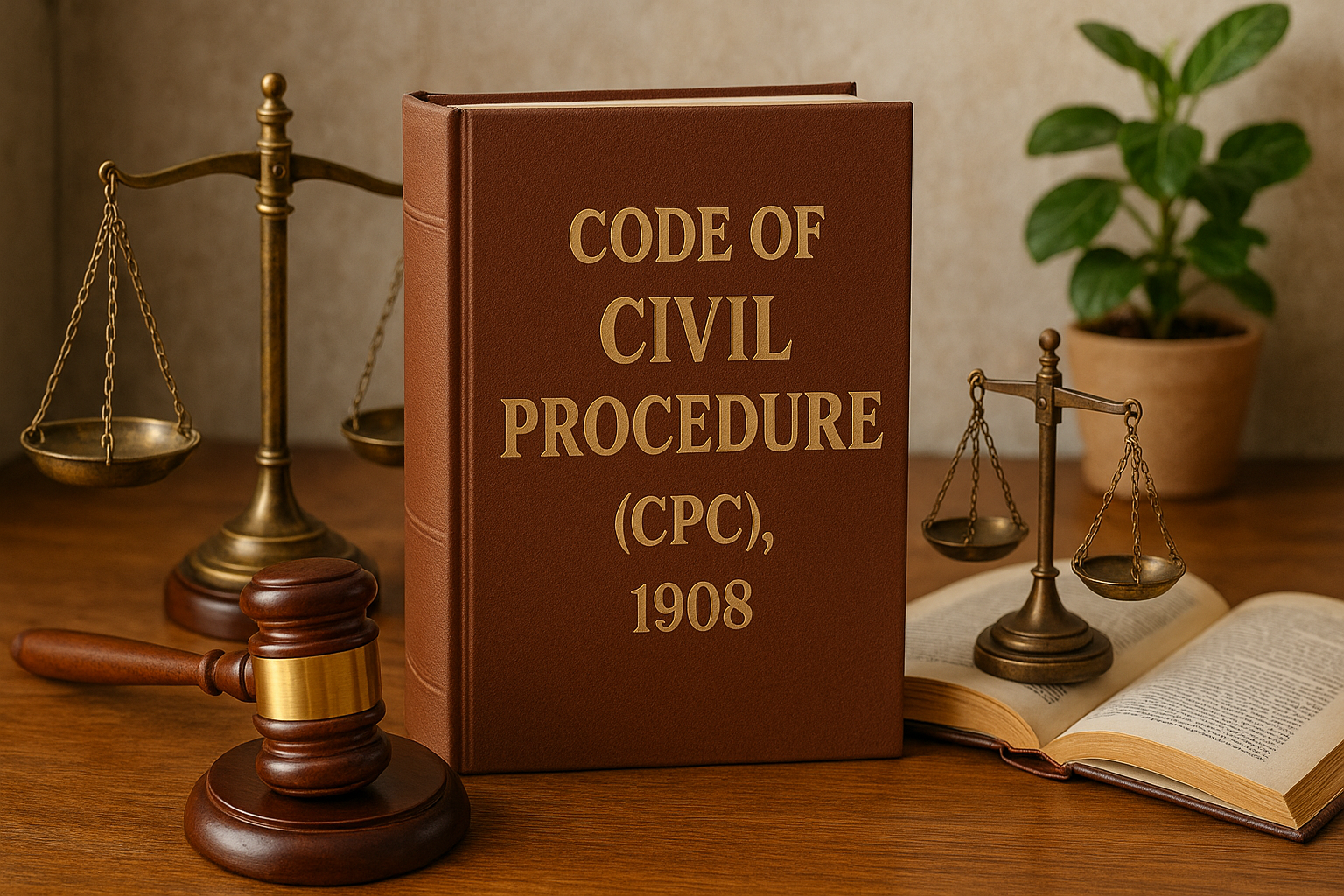Introduction
Costs refer to the expenses incurred by a party during the conduct of a legal proceeding. The general principle under the CPC is that costs follow the event, meaning the losing party pays the costs of the successful party, unless the court directs otherwise.
The provisions governing costs are contained in Sections 35 to 35B and Section 35A of the Code of Civil Procedure, 1908.
Objectives of Awarding Costs
-
To compensate the successful party for litigation expenses
-
To deter frivolous litigation
-
To encourage fair conduct by parties during proceedings
-
To promote judicial efficiency by discouraging delays and abuses of process
Types of Costs under CPC
Compensatory Costs (Section 35)
This is the general provision for costs.
-
The court has discretion to determine:
-
Who will pay the costs
-
Amount of costs
-
Whether the costs are full or partial
-
-
Unless there are reasons recorded, the successful party should be awarded costs
Compensatory Costs for False or Vexatious Claims or Defences (Section 35A)
-
Applicable when a party knowingly raises false or vexatious claims or defenses
-
The court may order payment of compensatory costs up to ₹3,000 or actual costs incurred, whichever is less
-
This is in addition to regular costs under Section 35
This section ensures accountability for abuse of the legal process
Costs for Causing Delay (Section 35B)
-
Deals with situations where a party delays the progress of the suit
-
The court may impose costs as a condition for:
-
Granting adjournments
-
Allowing late filing of documents or statements
-
If such costs are not paid, the party may be barred from further participation until payment is made
Discretion of the Court
Although the court has wide discretion in awarding costs, such discretion must be exercised judicially and with reasons. Courts are encouraged to award realistic and deterrent costs rather than nominal sums.
Recent Judicial Trends
-
The Supreme Court has emphasized realistic costs, including:
-
Court fees
-
Lawyer’s fees
-
Travel and documentation expenses
-
-
Courts are also encouraged to discourage litigation tactics intended to delay or harass
Important Case Law
Salem Advocate Bar Association v. Union of India (2005)
Held that courts should not hesitate to impose actual and realistic costs to discourage unnecessary litigation.
Ramrameshwari Devi v. Nirmala Devi (2011)
Directed courts to take a firm stand against abuse of process and emphasized the role of costs in controlling frivolous proceedings.
Costs in Special Cases
-
Public Interest Litigation: Often no costs imposed unless PIL is found to be malicious or frivolous
-
Commercial Suits: Courts increasingly award higher and realistic costs in high-stake commercial litigation
-
Appeals: Appellate courts may modify or impose additional costs
Conclusion
The provisions related to costs under the CPC play a crucial role in ensuring fairness and discipline in civil litigation. They act as both a remedy for the successful party and a deterrent against misuse of the court’s time and process. Courts must make cost orders meaningful and proportionate to uphold the integrity of the legal system.

